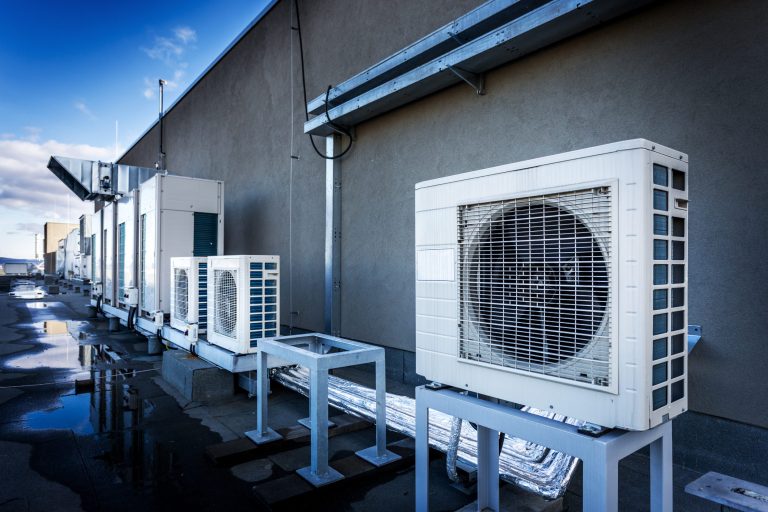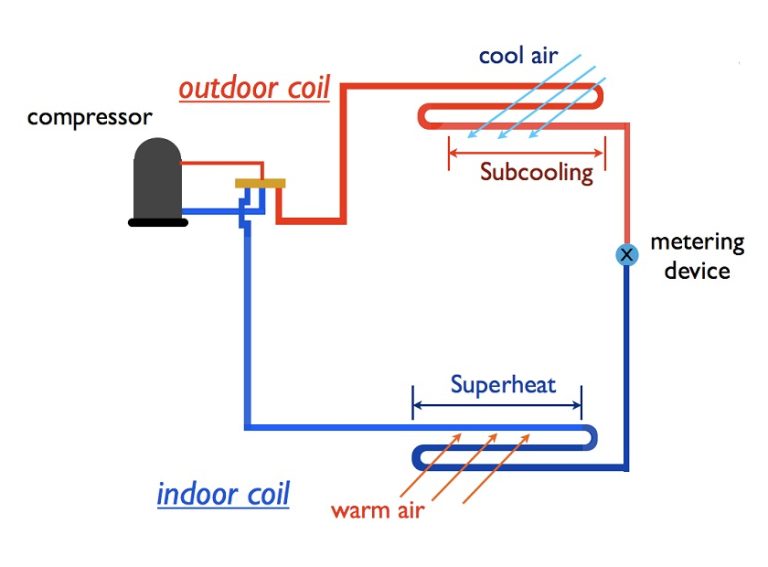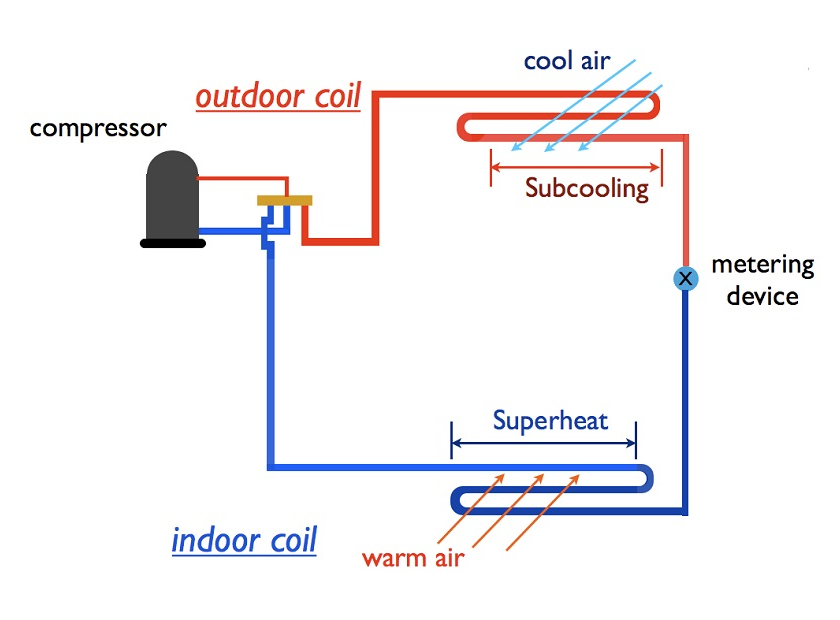Starting an HVAC (Heating, Ventilation, and Air Conditioning) business is hard but can be an incredibly rewarding venture. By analyzing the previous year data we saw that the demand for HVAC services is consistent, given the need for climate control in both residential and commercial spaces. HVAC a blue collar job, however, it may seem easy but starting an HVAC business involves more than just technical know-how; it requires strategic planning, financial management, and effective marketing.
This guide covers everything entrepreneurs, HVAC technicians, and small business owners need to know to start and grow a successful HVAC business.
Things to Know Before Starting in the HVAC Industry
Before you begin, it’s essential to understand the HVAC industry’s fundamentals. Here are a few things to consider:
- Technical Expertise
HVAC professionals need certifications and training to handle and install equipment safely and effectively. Research the certifications required in your state or country, like EPA Certification in the US.
- Industry Trends
- The rise of environmentally friendly and energy-efficient HVAC systems.
- Increasing adoption of smart HVAC technologies.
- Growing demand for HVAC maintenance and repair services.
- Seasonality
- HVAC services often see higher demand during extreme weather seasons (summer and winter). Prepare your business model accordingly, so you can manage fluctuating workloads throughout the year.
- Competition
- The HVAC industry is highly competitive. Identify your unique selling proposition (USP)—something that sets your business apart from the rest, such as faster service, better pricing, or eco-friendly solutions.

Market Analysis and Target Audience Identification
To succeed, you need to understand the HVAC market and your target audience. Here’s how to perform a market analysis:
Study the Local Market:
- Assess market demand in your region. Look into population growth, residential developments, and commercial projects.
- Research your competitors. Identify gaps in their offerings or areas where they fall short.
Identify Your Target Customers:
- Residential clients: Homeowners often require HVAC installation, maintenance, and emergency repairs.
- Commercial clients: Offices, retail stores, hospitals, schools, and industries rely on HVAC systems and require regular servicing.
- Niche markets such as green or smart HVAC solutions.
Understand Customer Pain Points:
Solving specific problems (e.g., inefficient systems, high energy bills, or poor air quality) will help you attract customers and build long-term relationships

Legal Requirements and Business Registration
- Register Your Business
Choose and register a business name. Decide which type of business structure suits you best:
- Sole Proprietorship
- Partnership
- LLC (Limited Liability Company)
- Corporation
- Licenses and Permits
Research HVAC licensing requirements in your state or country. Typical requirements may include:
- State HVAC contractor license
- EPA certification for handling refrigerants
- Local municipal or county-level business permits
- Business Insurance
Protect your business with proper insurance. Key types of coverage include:
- General Liability Insurance
- Workers’ Compensation Insurance
- Equipment Insurance
- Tax Registration
Register for federal and state taxes (e.g., acquire an Employer Identification Number, or EIN, in the US).
- Compliance with Building Codes
Adhere to national, state, and local safety standards and regulations, including proper HVAC system installations and operations.

Creating a Business Plan for an HVAC Company
A solid business plan helps you stay on track and secure financing. Key components include:
- Executive Summary:
Provide a brief overview of your business, mission, and vision.
- Market Analysis:
Detail your target market, customer demographics, and competitive landscape.
- Service Offerings:
Describe the services you’ll provide, like system installation, maintenance, and repair.
- Marketing & Sales Strategy:
Outline your strategies to attract and retain customers.
- Financial Plan:
Include projected income, expenses, cash flow, and profitability projections over the next 1-3 years.
- Operational Plan:
Discuss logistics such as sourcing equipment, managing supply chains, and hiring staff.
- Growth Plan:
Outline your strategies for expanding your footprint and increasing profitability over time.

Financial Considerations and Funding Options
Start-Up Costs Include
Licensing and Permit Fees
Tools and Equipment Purchase
Vehicle Expenses (service vans or trucks)
Office Expenses (if applicable)
Marketing Budget
Funding Options:
Personal Savings
Small Business Loans
Lines of Credit
Grants specifically designed for small businesses or green initiatives.
Seeking investors or partnerships.
Understanding your finances and budgeting properly is critical for long-term success.
Sourcing HVAC Equipment and Suppliers
Reliable equipment sourcing is vital. Partner with manufacturers and suppliers that provide:
- High-quality HVAC systems (e.g., smart thermostats, central air systems).
- Energy-efficient and eco-friendly equipment.
- Spare parts and maintenance tools.
- Flexible pricing and discounts for startups or bulk purchases.
Research local distributors and establish strong supplier relationships.
Establishing a Strong Online and Offline Presence
2025 is the year of digital-first! Make sure potential customers can find you online.
Website:
- Include essential business details, service offerings, contact forms, and online booking options.
- Optimize for local SEO (e.g., “HVAC services near me”).
Google My Business:
Create a profile listing to boost local search visibility.
Social Media:
Share HVAC tips, completed projects, and promotional offers across platforms like Facebook, Instagram, and LinkedIn.
Offline Marketing:
Invest in vehicle branding, flyers, and community outreach programs.
Hiring and Training Qualified HVAC Technicians
Hire skilled technicians who have the necessary certifications and training. Look for:
- Technical expertise and problem-solving skills.
- Good customer service and communication abilities.
Provide ongoing training to update them on new HVAC technologies, safety standards, and customer relationship management.
Building Customer Relationships and Service Offerings
Offer value-added services such as:
- 24/7 Emergency Assistance
- Free Energy Audits
- Customized Maintenance Plans
- Warranties and Extended Service Agreements
Use CRM (Customer Relationship Management) tools to manage leads, schedule appointments, and communicate service offerings.
Implementing Efficient Operations and Management Systems
Leverage technology to streamline operations:
- Project Management Software:
Organize service calls, technician schedules, and invoicing efficiently.
- Inventory Management:
Ensure timely delivery of parts.
- Customer Communication Tools:
Automate reminders and notifications for appointments.
Implement key performance indicators (KPIs) to track the team’s productivity and customer satisfaction.
Marketing Strategies for HVAC Businesses
Effective marketing is crucial for visibility:
- Content Marketing:
Publish blogs that answer customer questions (e.g., “How to improve indoor air quality”).
- PPC Advertising:
Use ads targeting keywords like “HVAC repair near me” or “local AC installation.”
- Referral Programs:
Incentivize satisfied customers to refer friends and family.
- Email Campaigns:
Send follow-ups, seasonal service reminders, and promotional offers to your customers.
Invest in building an effective digital footprint to capture your audience online.

Expanding Your HVAC Business and Staying Competitive
Once your HVAC business is running successfully, consider scaling by:
- Offering specialized services (e.g., smart home HVAC systems).
- Expanding into additional cities or regions.
- Investing in greener, more energy-efficient solutions.
- Building partnerships with real estate developers and construction firms.
Stay ahead of the competition by continuously innovating and delivering exceptional customer service.
Closing Thoughts
Starting an HVAC business requires careful planning, dedication, and a clear strategy. From acquiring licenses and sourcing equipment to building strong customer relationships, each step contributes to your long-term success.
If you’re ready to take the first step, use this guide as your blueprint to succeed in the HVAC industry. With hard work and the right planning, your HVAC startup can grow into a thriving business!















